- The Hellenic Single Public Procurement Authority (HSPPA) vindicated a company that complained about a lack of information regarding a tender in which it had participated.
- The tender was finally canceled as HRADF was not vindicated even by the Administrative Court of Athens.
- HRADF’s management has so far undertaken to carry out tenders worth 4 billion euros.
By Aris Hatzigeorgiou
A bombshell in the wall of opacity that the government has built around HRADF is set by a decision of the Single Public Procurement Authority (HSPPA).
The management of the Hellenic Republic Asset Development Fund has so far undertaken to carry out tenders worth 4 billion euros on behalf of numerous public entities in secrecy and without giving publicity to the way it proceeds with the awards.
The HSPPA did, however, uphold a company’s complaint that it had not been provided with information about a particular tender in which it had taken part. The tender was eventually annulled as the Hellenic Investment Fund was not even vindicated by the Athens Administrative Court of Appeal.
The Hellenic Republic Asset Development Fund (HRADF) was established at the time of the first memoranda with Law 3986 of 2011, and from the very beginning, it was surrounded by privileges of secrecy for the procedures it would follow. However, it was the Mitsotakis government that decided to further fortify it, allowing it to proceed with assignments instead of other entities, protected against objections from those interested in undertaking projects but excluded. Through a series of laws, such as those on “strategically important” contracts (4782, 4799, 4842 of 2021), it opened the way for investments in Natura areas amid a pandemic, allowed private supervision of public works, and increased the limits for direct awards. It was also the time when the billions of the Recovery Fund had emerged, while the government faced severe criticism for the destructive forest fires in Northern Evia, Attica, and other areas of the country. In this context, HRADF decided to take on the auctioning of “forest clearing” projects under the code name Antinero.
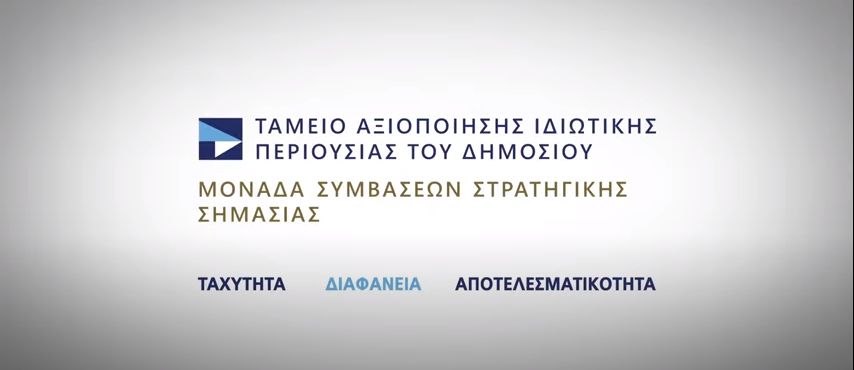
These are projects which would normally have to be designed and carried out by the Forestry Service if it had not been completely depleted of qualified staff over the last 25 years, after having been stripped of its forest firefighting responsibilities. On its official website, the HRADF prominently advertises these projects. “DEVELOPMENT IN RATE TIME” proclaims the relevant promotional video showing from high above lush green forests and people with tractors clearing them. “20 contracts worth $39,500,000” it explains right next to it. Below, anyone who tries will understand that these are for clearing 80,000 acres of forest with assignments between April and June 2022. “20 contracts worth $39.5 million,” it explains, while anyone who tries will understand that these are for the clearing of 80,000 hectares of forest with contracts between April and June 2022. Apparently nowhere is it mentioned that the 80,000 acres are a drop in the ocean of the tens of millions of acres that have been left unmanaged and at the mercy of illegal logging for years – nor that a total of 3 million acres of forest were burned in the three years 2021-2023.”
Read the decision (pdf HERE)
HRADF’s video also shouts “SPEED-TRANSPARENCY-EFFICIENCY”. The funny part is that three months after the contracts for 40 million euros were awarded in June 2022 (meaning cleaning at 500 euros per acre); a tender was announced and canceled with the decisions of the HSPPA and the Administrative Court of Athens. Detailed information about the canceled tender is included in decision 1094/2023 of HSPPA, as provided by Data Journalists. This decision is “anonymous,” meaning that the name of HRADF and the names of the institutions that appealed have been removed from its content. The text, as anticipated in these cases, is legally complex, but in many parts, the reader will understand very well what has happened.
Αναλυτικά:
- The tender was declared “open and international,” with a total value of nearly 7 million euros (6,981,256.83 euros) excluding VAT, on 23/9/2022. The planning initiates right from the beginning. The scope is divided into seven groups, and each interested party is entitled to bid for up to two of the seven study groups. It is this pair of groups that become the subject of dispute.
- The subject of the contract, as described in the decision (page 18), is the preparation of studies for fire protection in Attica, Evia, and other areas. “The purpose of a modern fire protection plan is the targeted analysis of the problem of forest fires in a specific area, and then the design of appropriate actions, measures, and projects that will lead (both immediately and in the medium term) to better protection of forested areas in general. Consequently, fortification against the danger of fire is provided for settlements, buildings, industrial and other facilities, and agricultural enterprises located within or near them.”
- On 12/5/2023, the Executive Advisor of HRADF decides to award the project to a consortium. Two days later, (14/5) another company that participated but was not selected asked to see “the reasons for the scoring of the bids and the details of the contractor’s bid”. HRADF rejected the request by a decision on 17/5/23. The company will appeal against both the 12/5 and 17/5 decisions of HRADF. However, it will also appeal against a third decision by which HRADF again (20/5) rejects the applicant’s second request in which it provided legal and regulatory provisions to request information.
- Interesting is the argumentation used by HRADF for not providing the data. The first answer invokes the Fund’s founding law 3986/2011 and its Procurement Regulation, which does not provide for “publication of the Minutes of the Evaluation Committee and consequently details of the individual tenders submitted.” It also invokes the confidentiality of the information and stresses that HRADF “does not belong to the category of organizations and enterprises of the wider public sector, and the provisions governing companies directly or indirectly owned by the State do not apply to it.” It also states that “the purely private nature of HRADF is confirmed by the relevant established case law of the Council of State.” The second negative reply repeats the same.
- The 1st Chamber of HSPPA, which examined the appeal, begins to construct an argument that will lead to the cancellation of the decision of HRADF dated 17/5/2023, which refused to disclose the bid details. Among other things, it asserts that the HRADF Fund is a legal entity under private law “operating for the public interest” and that its sole shareholder is the Greek State. This renders it a “public law entity” within the purview of the fundamental law on public procurement, 4412/2016. It also accepts that the tender “for the award of a public contract” concerns “critical forest ecosystems of the country.” For this reason, it “is governed by the provisions of EU Directive 2014/24” and Directive 89/665, while HSPPA emphasizes that HRADF itself includes transparency clauses in the tender invitation.
- The HSPPA Chamber also mentions other interesting points. That “the concept of a public law entity should be interpreted based on functional criteria regardless of the formal form adopted.” It also quotes verbatim the reference to Directive 2014/24, which was incorporated into Greek Law by Law 4412/2016, stating: “The award of public contracts by the authorities of the Member States or on their behalf must comply with the principles of the Treaty on the Functioning of the European Union (TFEU), and in particular, with the principle of free movement of goods, the principle of freedom of establishment, and freedom to provide services, as well as with the principles derived from them, such as the principle of equal treatment, the principle of non-discrimination, the principle of mutual recognition, the principle of proportionality, and the principle of transparency.” The same directive provides, as stated, equal treatment of economic operators “in a transparent and proportionate manner,” as well as informing candidates about the factors that led to the selection of the contractor. The HSPPA emphasizes in particular the “obligation to justify the decisions of the contracting authorities” and that the respective contracting authority cannot consider certain information as “confidential” solely because this is claimed by an economic operator.
- In its appeal, the company that lost invokes (in addition to Law 4412 and the Competition Notice), Article 20 of the Constitution and Article 6 of the European Convention on Human Rights (ECHR), arguing that it should have been informed about the elements of the bidder’s offer. HSPPA, to reach its decision, mainly invokes EU Directive 2014/24, but also notes that the competition invitation did not contain an “explicit provision” regarding the classification of competition elements as confidential. “Consequently, as the appellant correctly claims, the rejection of its request to be provided with the minutes of the Evaluation Committee and the requested elements of the bidder’s offer, on the basis that such an obligation is not provided for by the regulatory framework of the competition and that the contracting authority does not disclose confidential information provided to it by economic operators, is illegal and goes against the regulatory framework of the competition, as extended,” concludes HSPPA.
- The decision of the HSPPA was issued on July 20, 2023, prompting an immediate response from HRADF. Not only did HRADF fail to comply, but it promptly appealed to the Athens Administrative Court of Appeals, essentially seeking to eliminate any crack in the wall of opacity it possesses. The request for annulment by HRADF was heard in September and the decision by the IC Division was handed down in November: “Rejected on the merits.” Since then, the fate of this particular tender has been obscured, but according to the information available, the procurement has been canceled to be included among the multitude of contracts regularly tendered by HRADF every week.
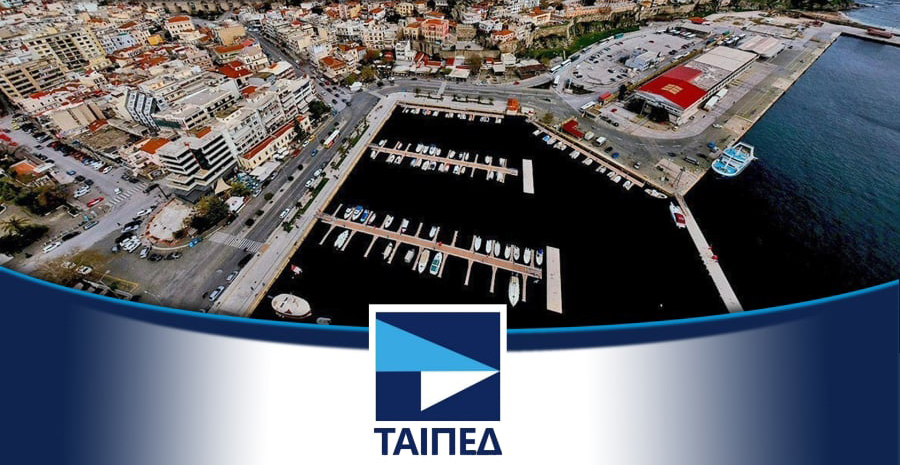
On its official website, HRADF refers, without much detail, to the tenders it undertakes to implement through the Strategic Contracts Unit. We also find references to the decisions taken by the Governmental Committee for Strategic Contracts, the involved ministries, or, in some cases, the Transparency of HRADF with only 308 postings since June 2022.
For example, it also refers to the National Reforestation Plan, but without giving it a prominent position. This is a case that Data Journalists reported on in detail last October. Another triumphant announcement by the Mitsotakis government started with drumbeats about “turning Greece green” with 700 million euros, of which 645 million were cut in the process… The bid for the 55 million left over was awarded to HRADF, which has now started the procedures. Other “fire protection” actions (firebreaks, forest roads) are also mentioned, reaching up to the year 2025 (Antinero III) to the tune of EUR 200 million. In many cases, studies are to be commissioned together with the implementation of the projects.
In a speech last November at the Green Deal 2023 Conference, Panagiotis Stamboulidis, Executive Advisor to HRADF, referred to the important role played by the Fund’s Strategic Contracts Unit “in the rapid absorption of Recovery Fund resources, the important projects that it has promoted or is in progress, while also putting “on the table” institutional issues for which it “rings a bell”, such as appeals by companies that can block tenders, bureaucracy, the acceleration of moves by the Public Administration, and the entry of private parties into committees.”
He then spoke of a “basket” worth €2.75 billion covering a total of 308 tenders, of which 92 are in the maturing phase, 112 have been contracted, 65 are under evaluation, 21 have been completed, and 18 are published. However, it is estimated that Mr. Stamboulidis’ basket is already approaching €4 billion as new projects are constantly being added.
Some of the most indicative are:
- The energy upgrading of Primary Health Care Units, with a total budget of €173 million, and hospital renovations, worth €254 million.
- The energy upgrading of the Vocational Apprenticeship Schools of the Hellenic Manpower Employment Organization (134 million).
- The planning for the ports of Stylida, Souda, Zakynthos, and Skiathos.
- The transfer of the former PYRKAL from the Municipality of Daphne to the Municipality of Mandra aims to create the “Andreas Lentakis” Governmental Center.
- The penitentiary institution of Korydallos Prison will be relocated to Aspropyrgos for 617 million from national resources.
- Anti-erosion-flooding projects (extension of AntiNero II) will be carried out with a budget of EUR 86.43 million.
- The national land border crossing points will be upgraded with a budget of €85 million.
- The project “Athenian Riviera – Urban Promenade” was announced by Kyriakos Mitsotakis at the beginning of the pandemic.
- In the summary of the declaration for the section from the municipality of Kallithea to the municipality of Vari-Voula-Vouliagmeni, the budget is 23.7 million euros.
- The construction of a building for the Court of First Instance and the Athens Public Prosecutor’s Office.
- Supplies of technological equipment to combat illegal trafficking and protect intellectual property, €19 million.
New Industrial Parks
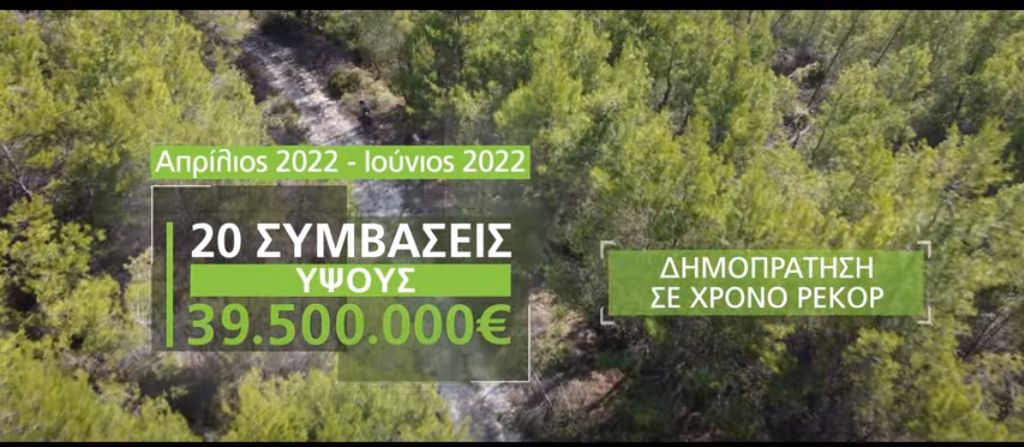
The most valuable project, however, is the modernization of Civil Protection. These are the AIGIS projects that aim to “shield” civil protection from the climate crisis and other natural disasters. It mainly involves the procurement of aerial and ground firefighting equipment and other civil protection equipment, amounting to €1.7 billion by 2025. The full title of the project is “Horizontal Technical Assistance to the Ministry of Climate Crisis & Civil Protection for the implementation of actions financed by the Recovery & Resilience Fund of the AIGIS Program.”
With all of the above in mind, how likely is it that HSPPA’s annulment decision will be used to ensure that companies participating in tenders have access to the information and learn why they are losing them? For this to happen, there would first have to be companies pursuing appeals and not settling for promises of getting business from other projects. This kind of entrepreneur is probably scarce as “there is a lot of money”. It is also taken as a given that the government and HRADF will do everything they can to ensure that the regime of opacity does not change. In this direction, they are going to change the format of the notices with changes in wording so that they are not canceled by HSPPA.

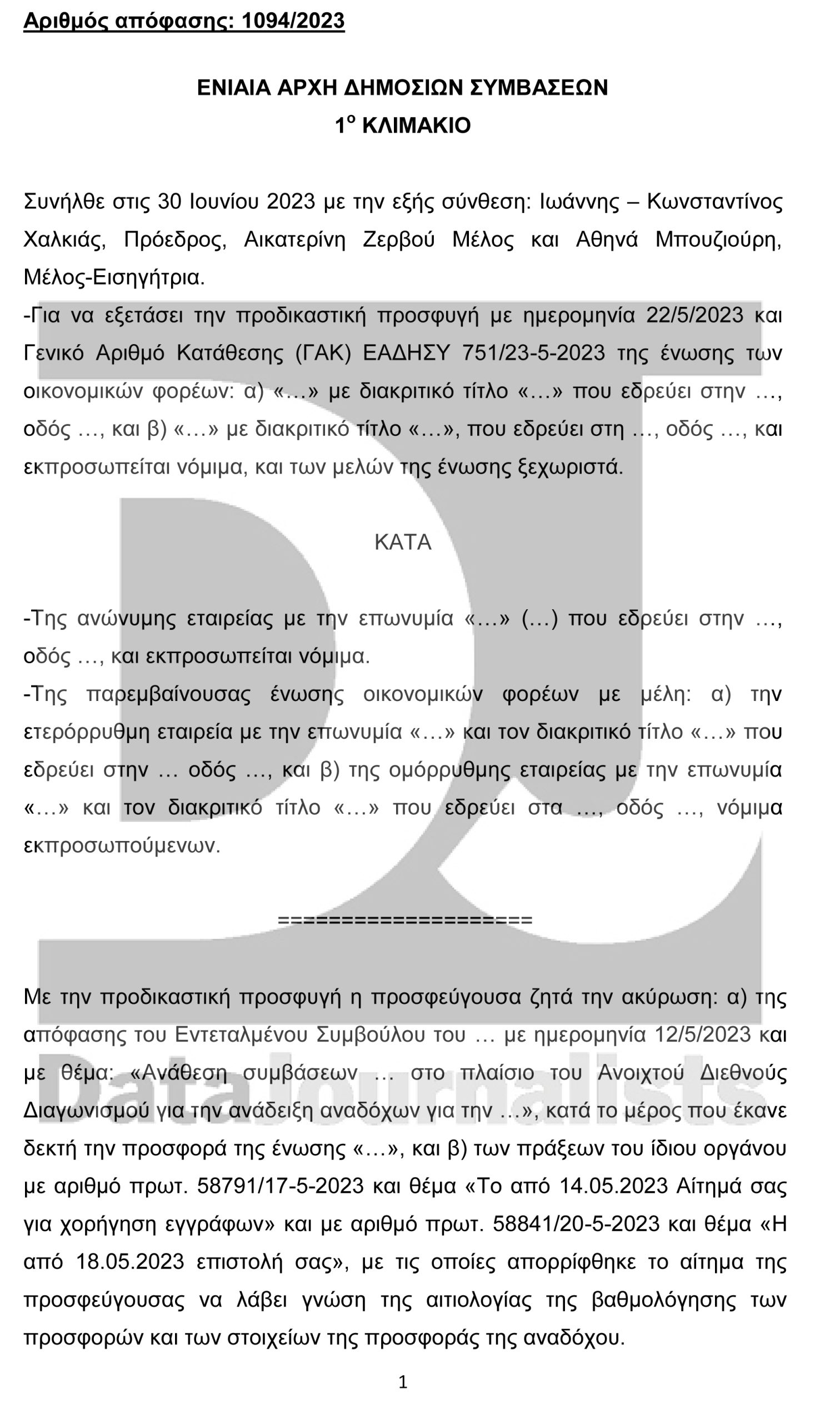



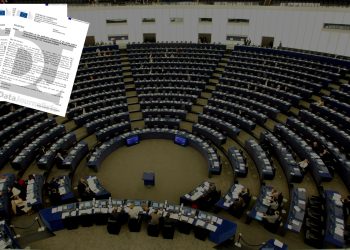




Discussion about this post